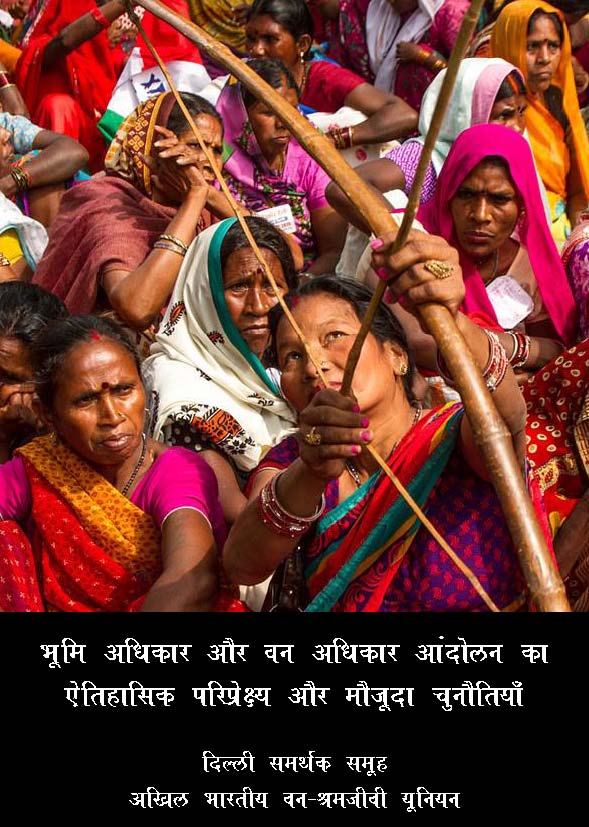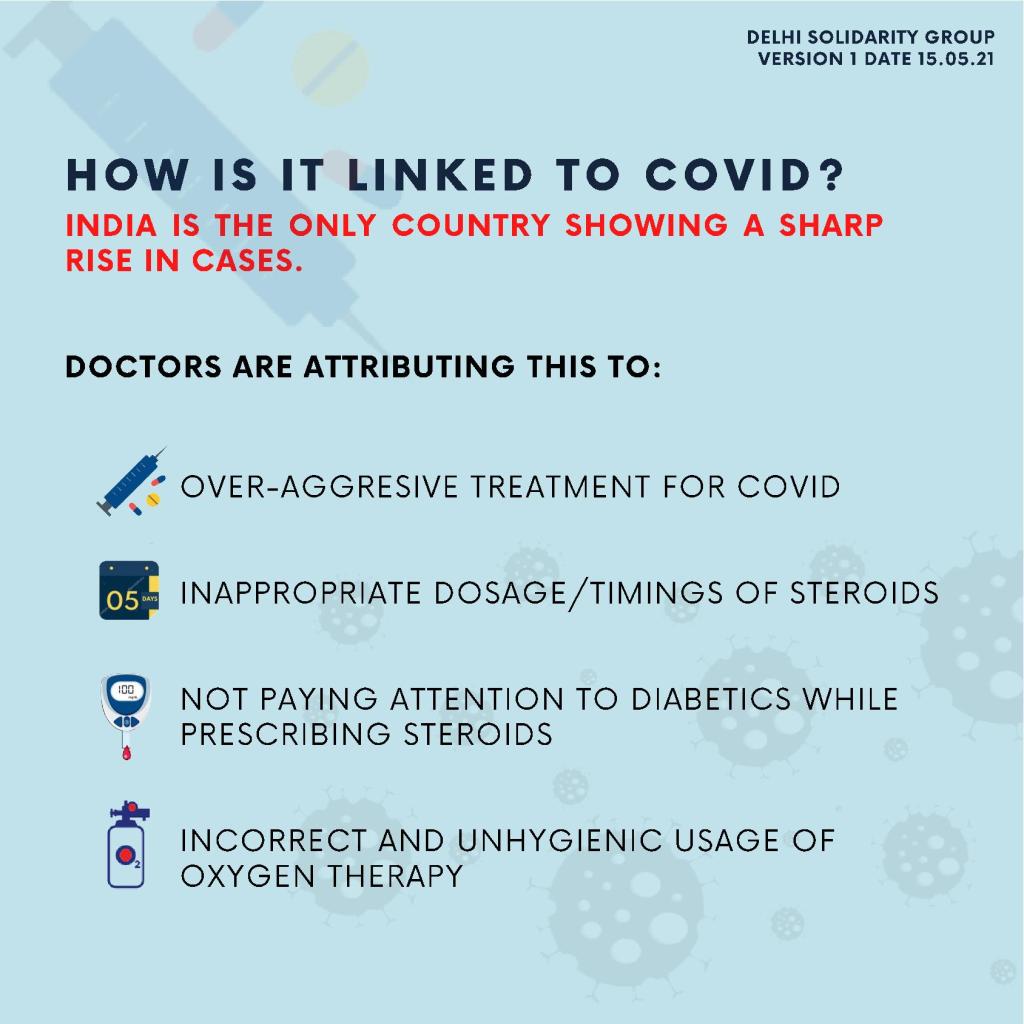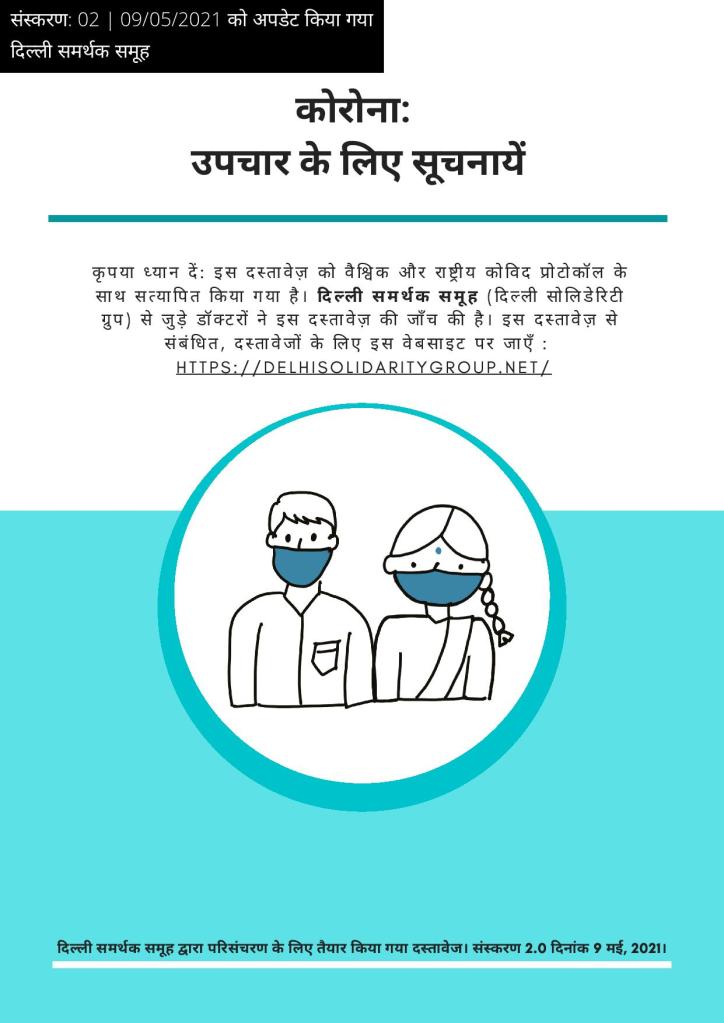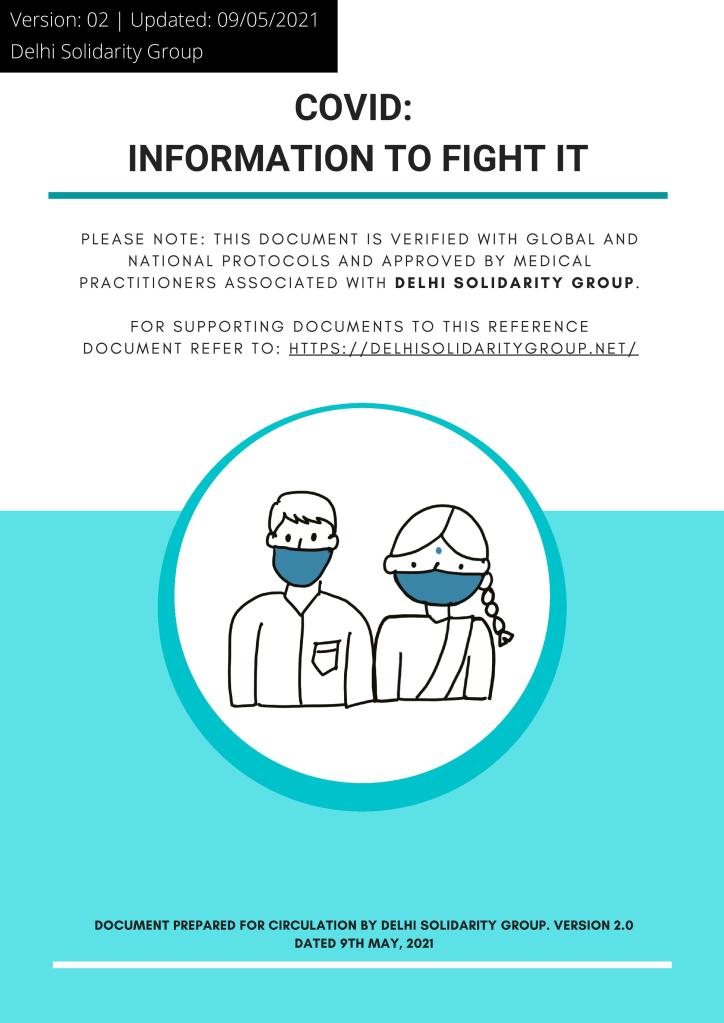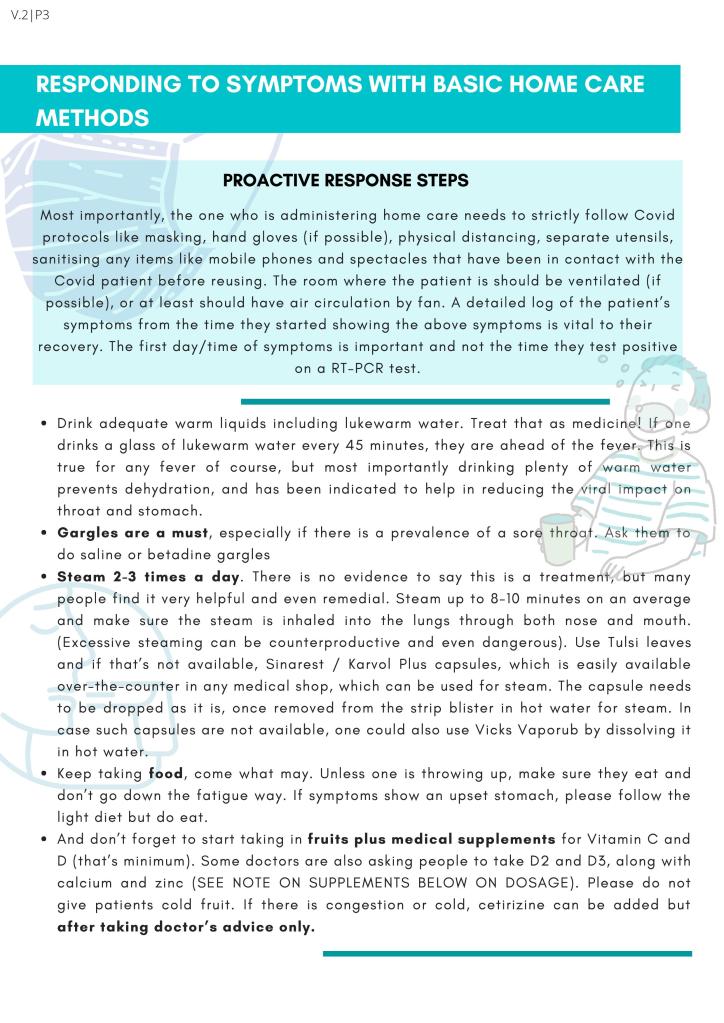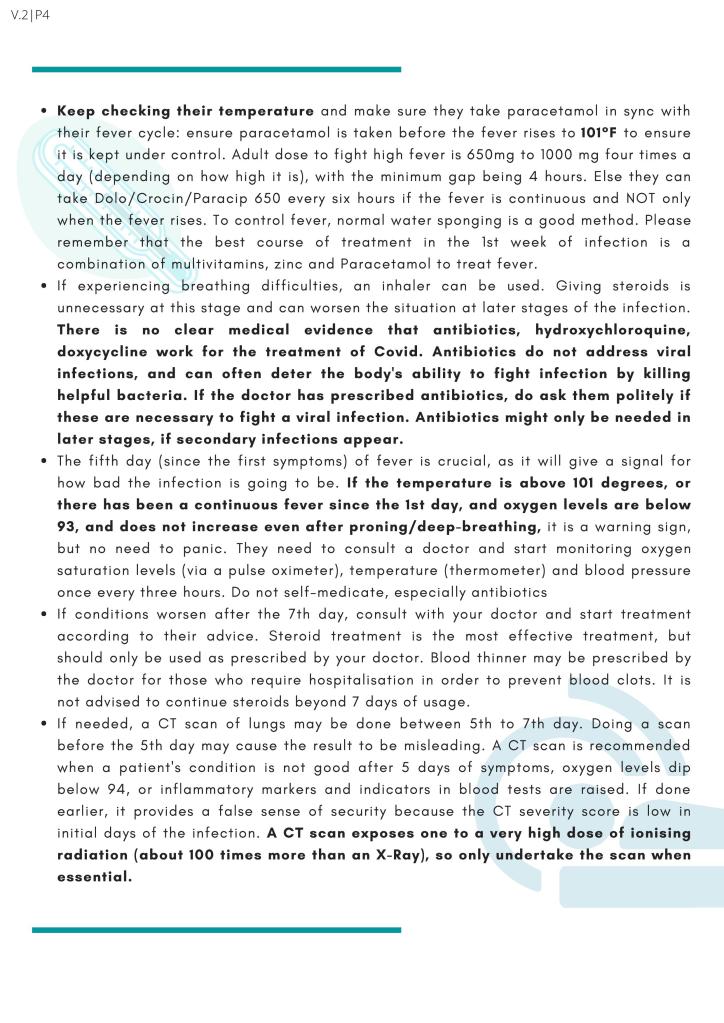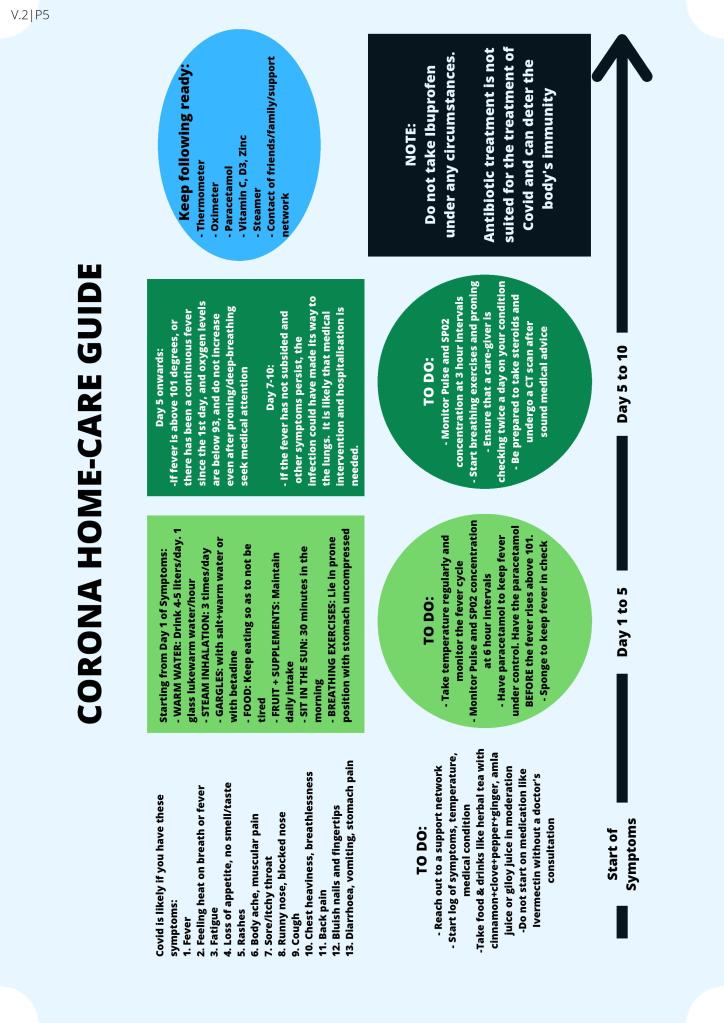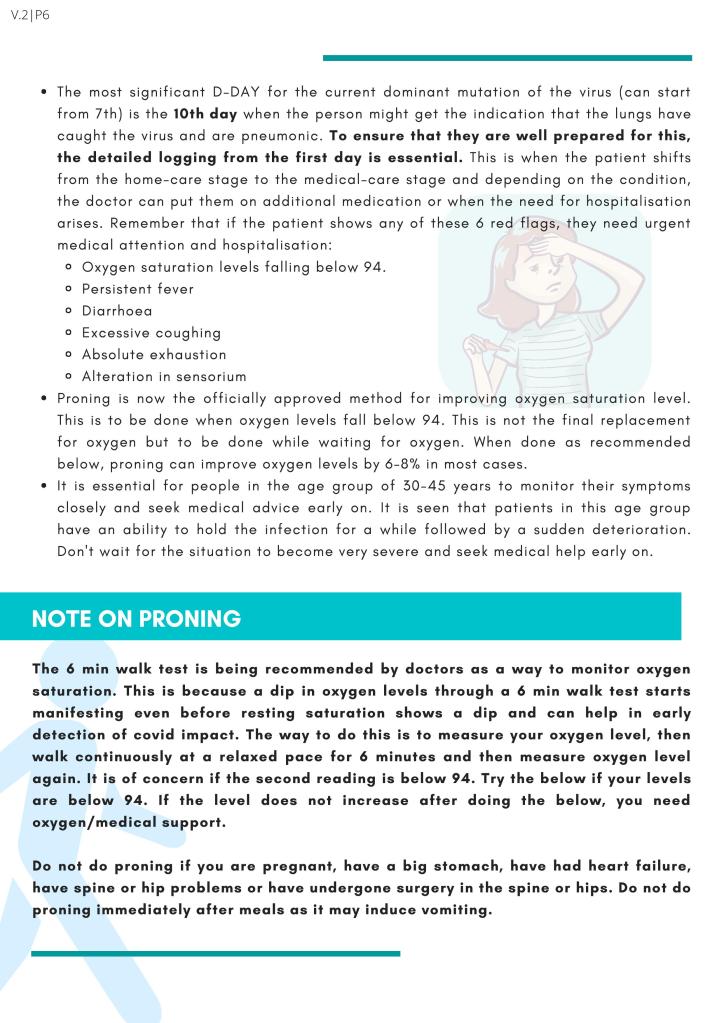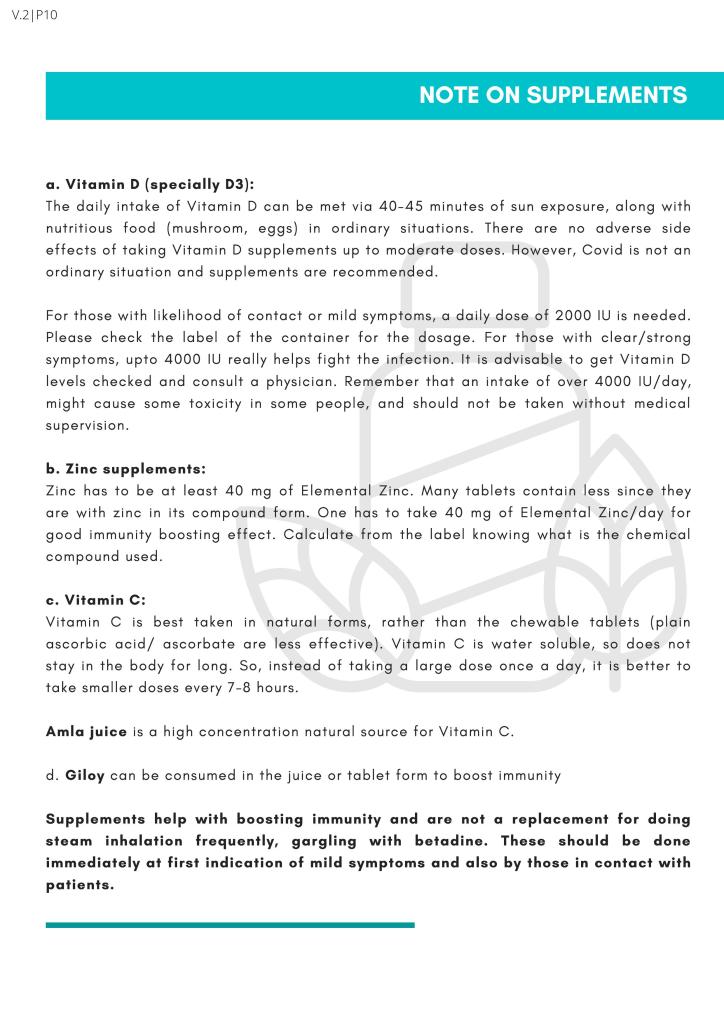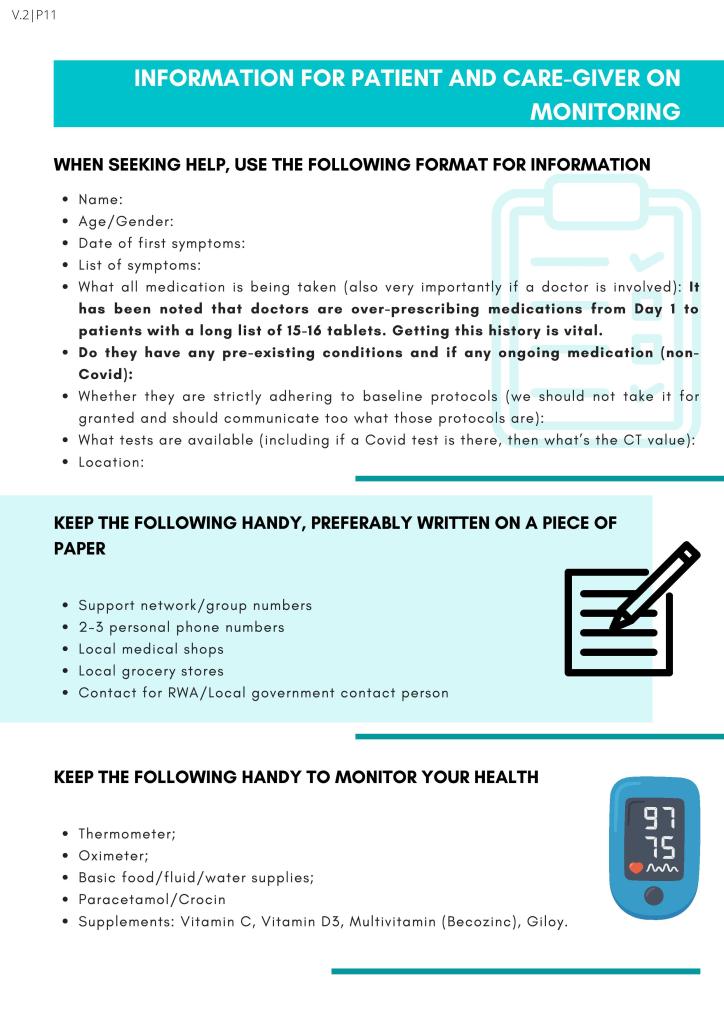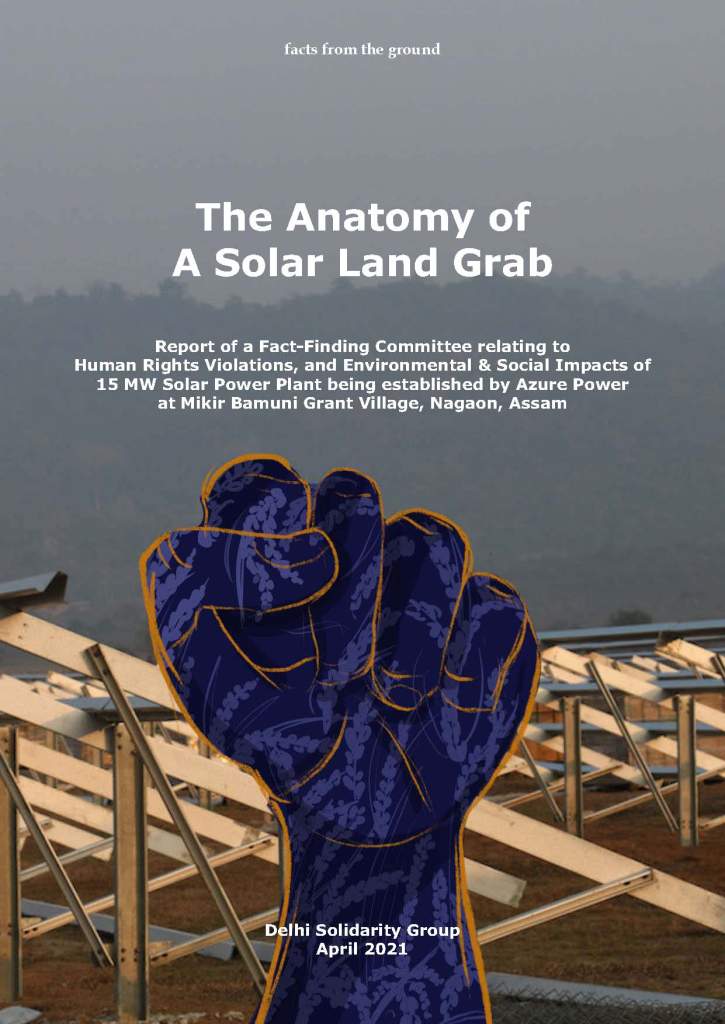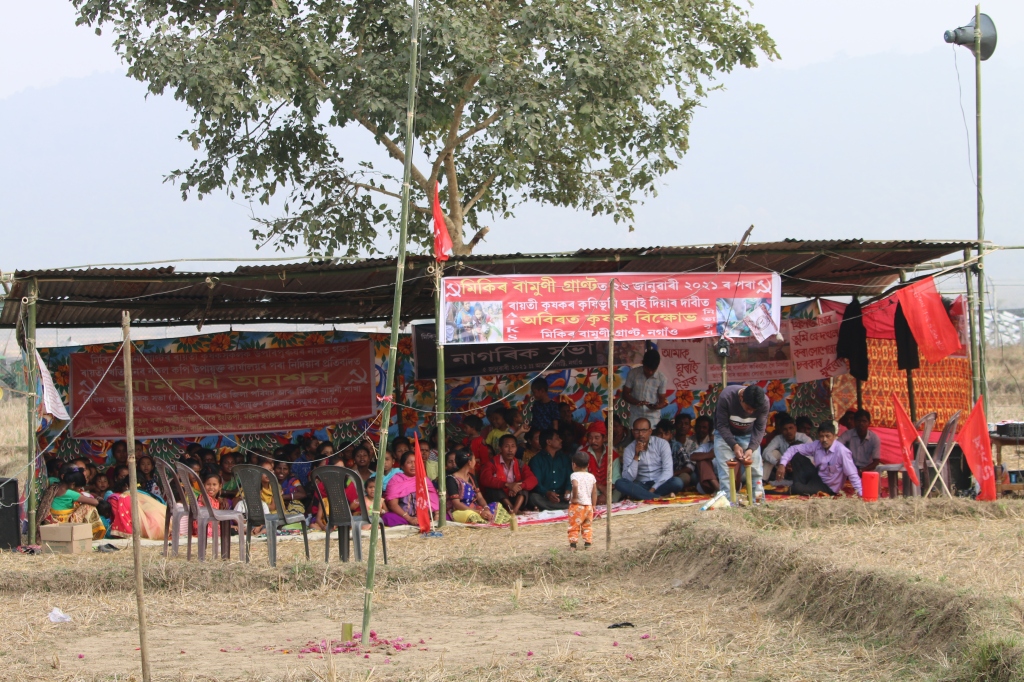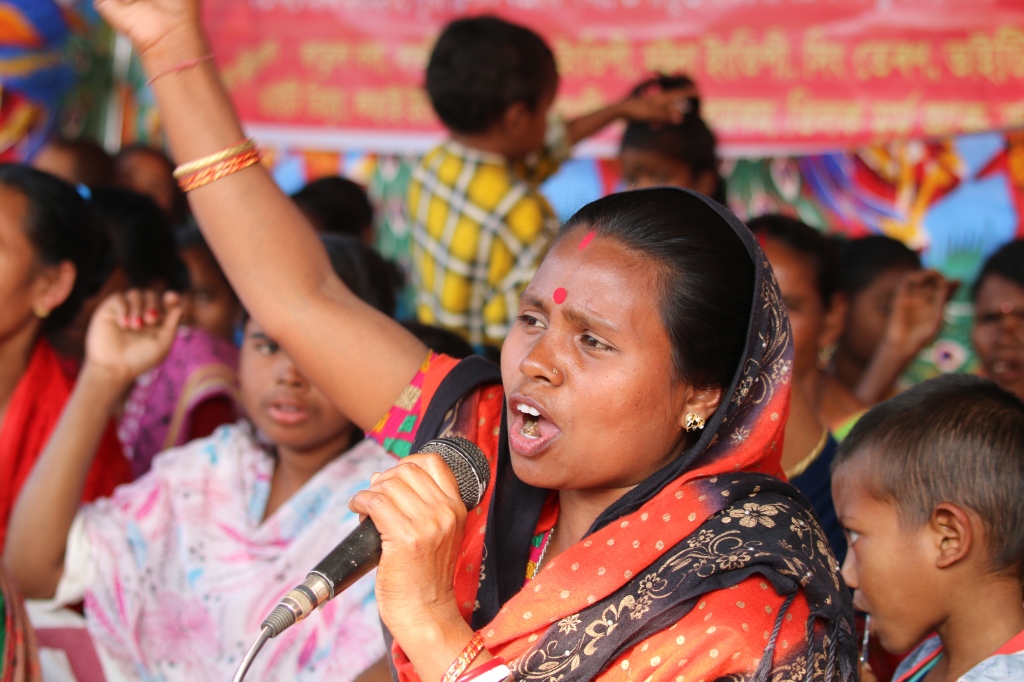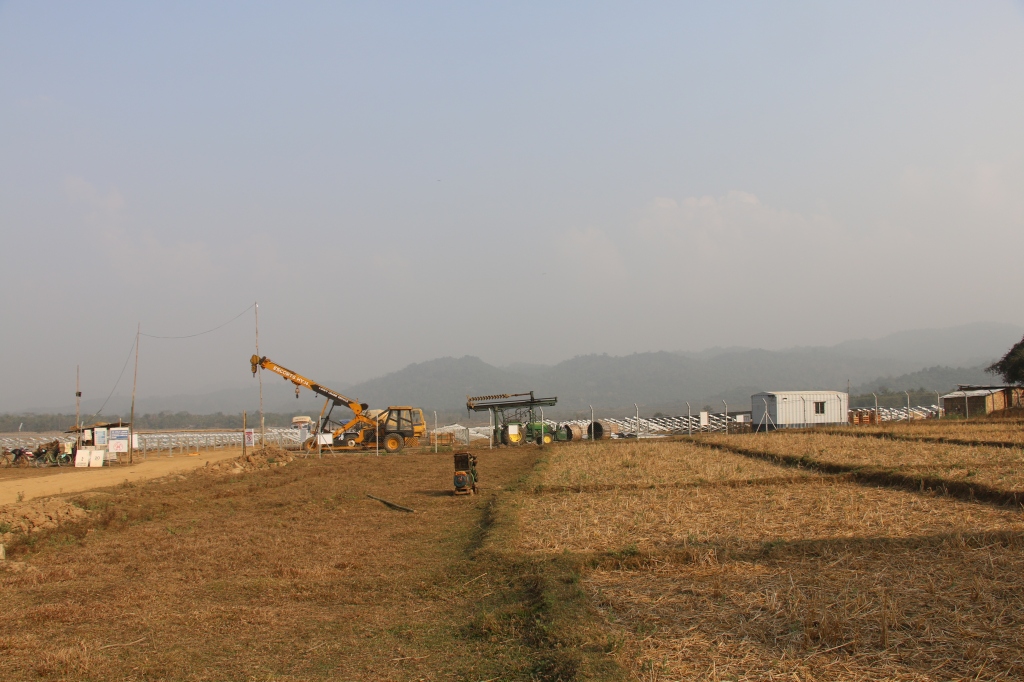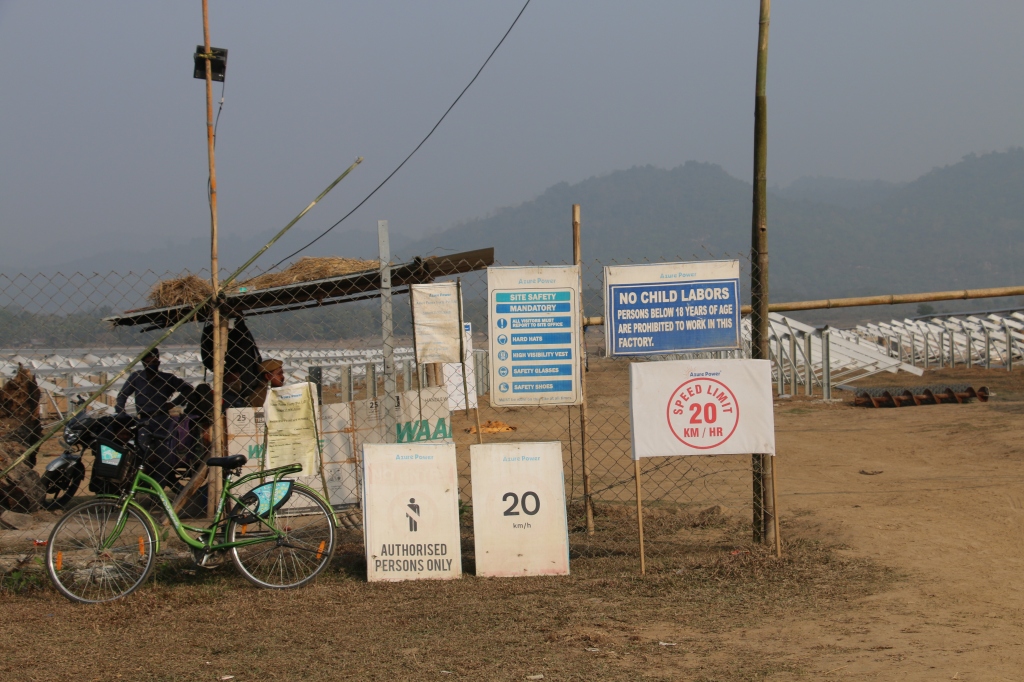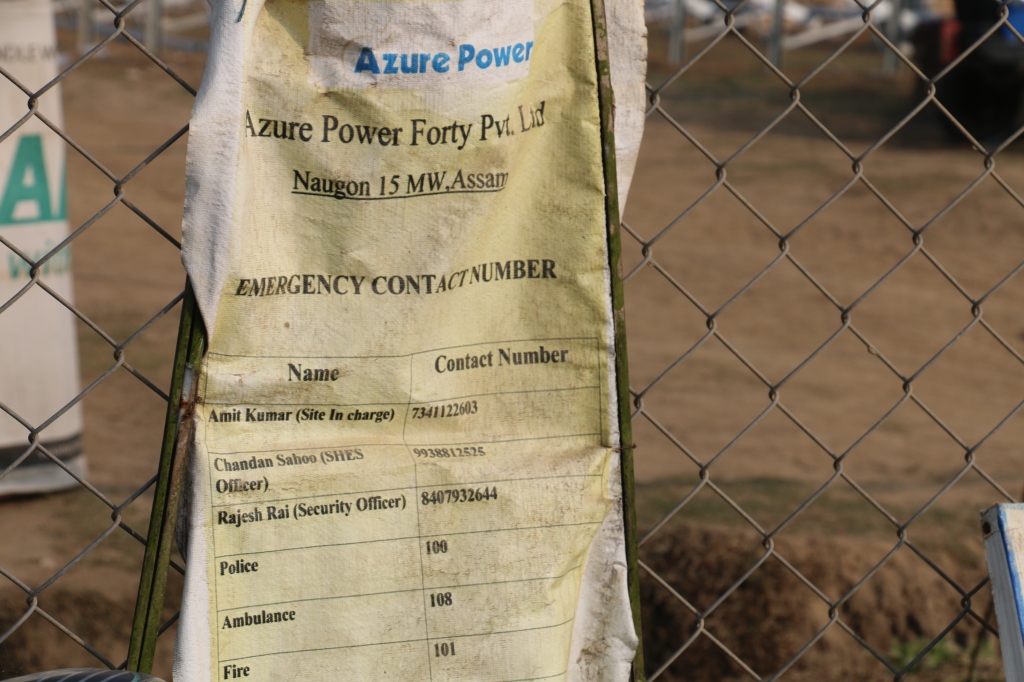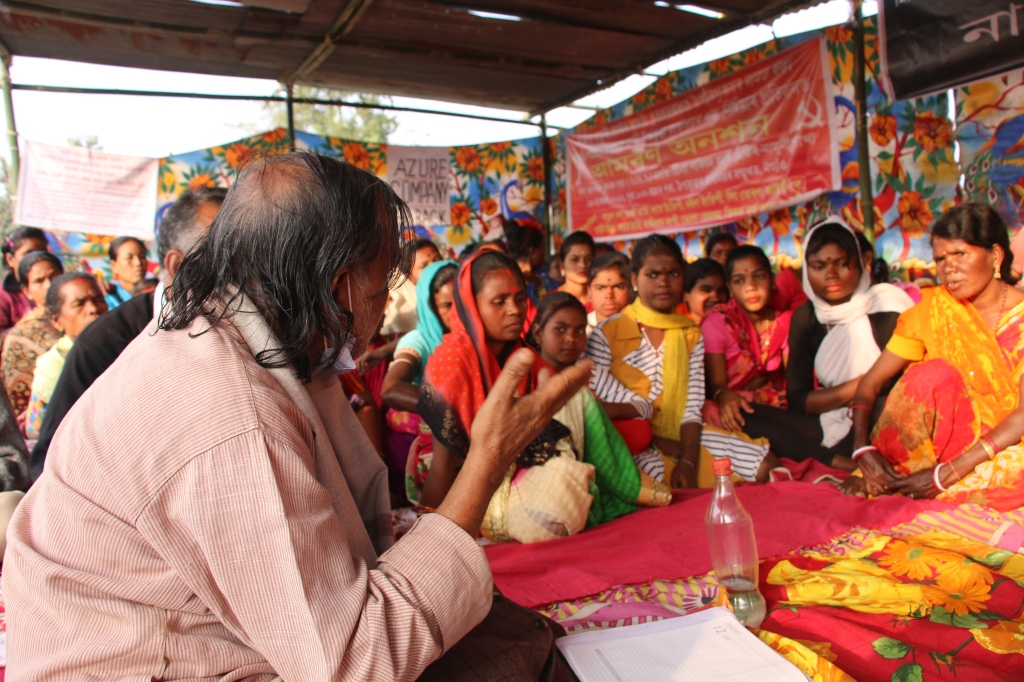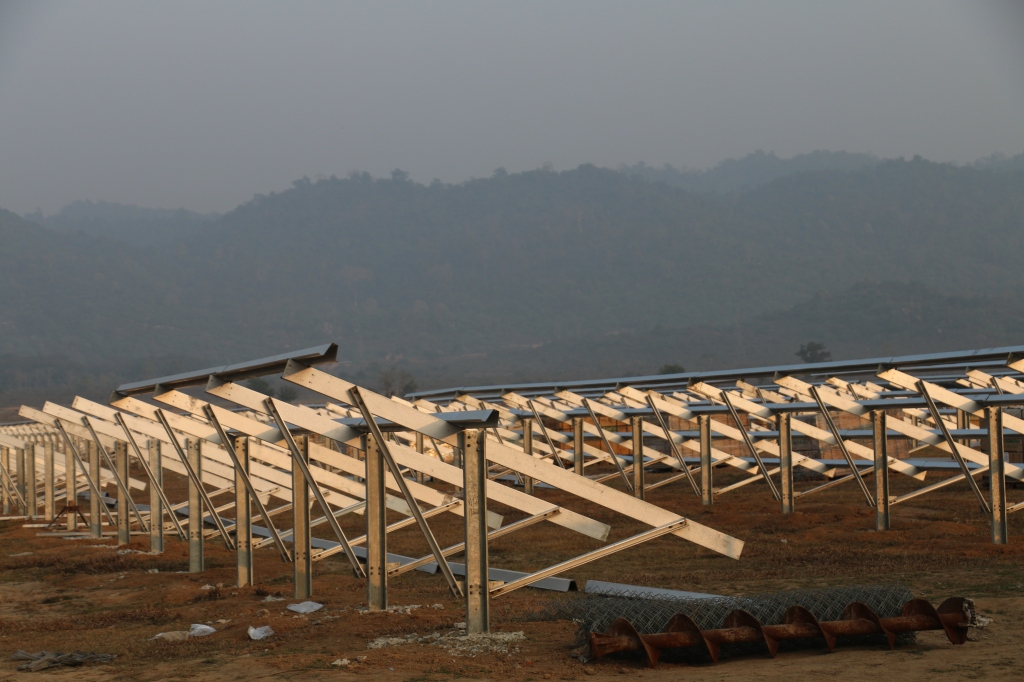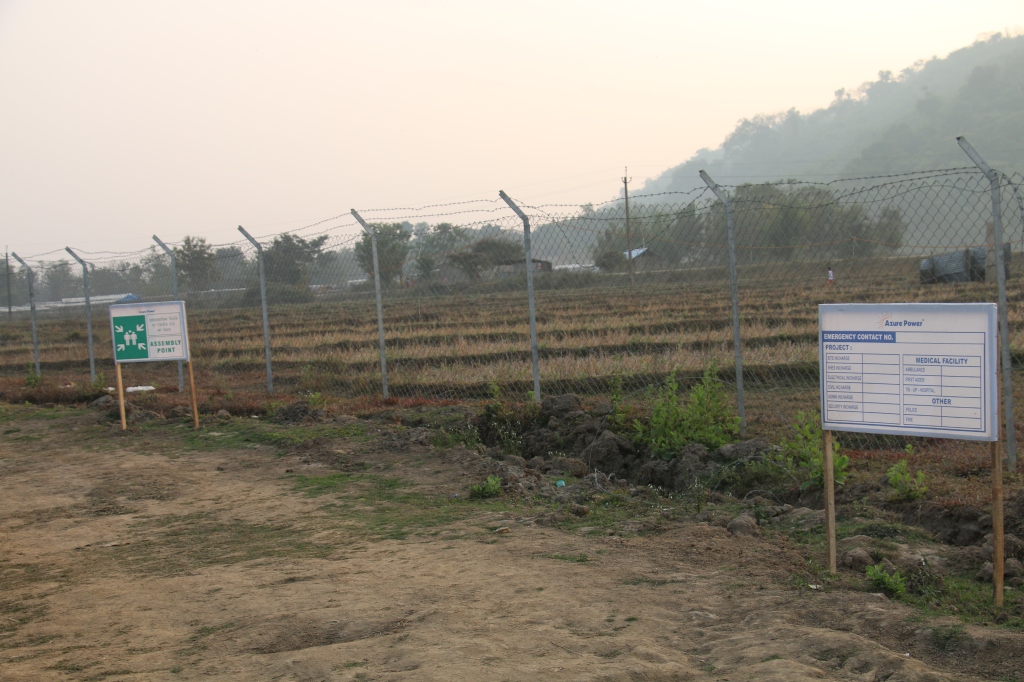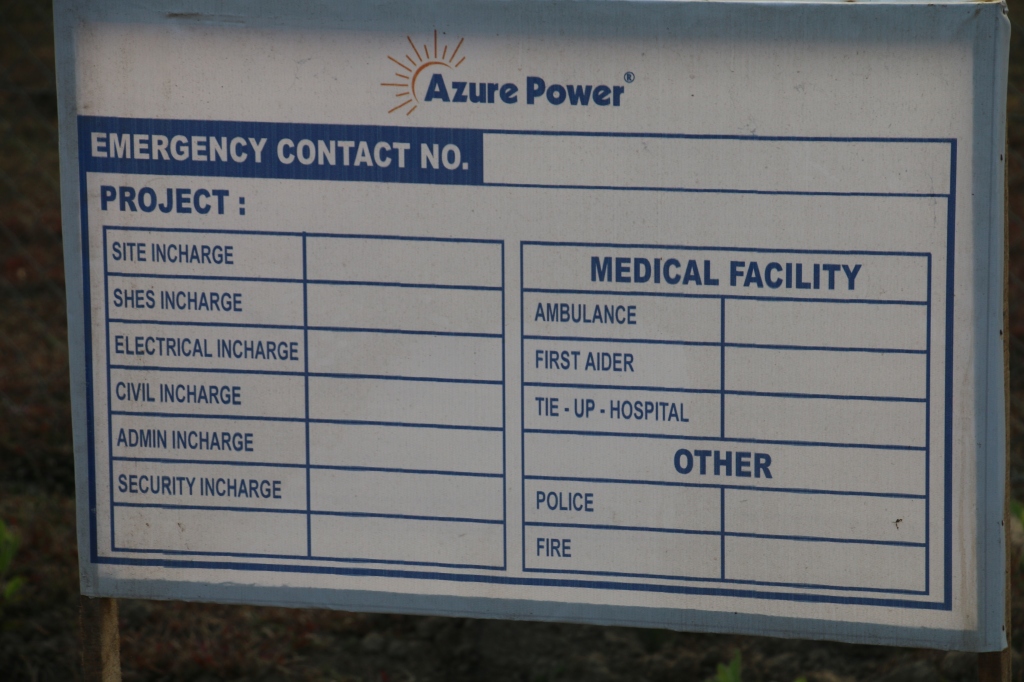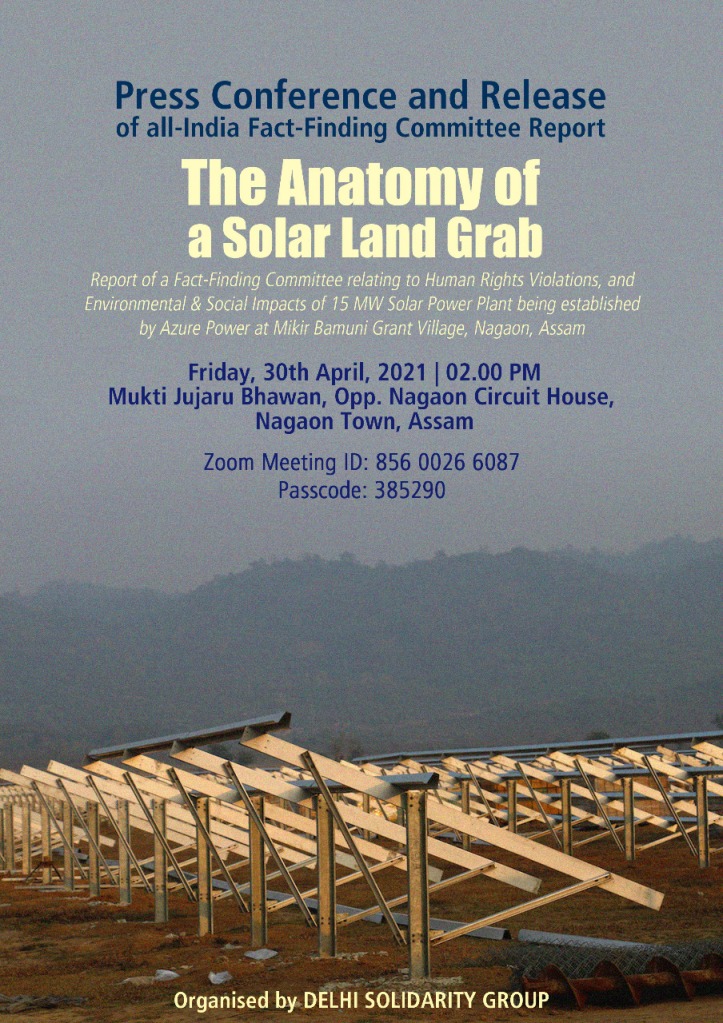भूमि अधिकार और वन अधिकार आंदोलन का ऐतिहासिक परिप्रेक्ष्य और मौजूदा चुनौतियाँ
लेखकगण: अशोक चौधरी, रोमा मलिक, दिव्या कपूर
परिचय
भारत एक कृषि प्रधान देश हैं। जिसकी कुल आबादी के 60% लोग जल, जंगल, ज़मीन पर निर्भर करते हैं। भारत की कुल ज़मीन 33 करोड़ हेक्टेयर हैं जिसका लगभग एक चौथाई भाग (7.5 करोड़ हेक्टेयर) वन क्षेत्र है जो मुख्यतः वन विभाग द्वारा सरकारी नियंत्रण में है। भारत की लगभग 20 करोड़ आबादी (जो अनुसूचित जन-जाति, अनुसूचित जाति, पिछड़ी जाति व् घुमन्तु पशुपालक समुदाय से हैं) वन-भूमि व वन-संसाधनों पर निर्भर करती हैं लेकिन वन सम्पदा पर अपने अधिकारों से वंचित हैं। साथ ही एक कृषि प्रधान देश होने के कारण देश की आबादी का एक बड़ा हिस्सा कृषि भूमि और कृषि व्यापार पर निर्भर करता है परन्तु आज़ादी के बाद 7 से भी ज्यादा दशक बीत जाने पर भी भारत में भूमि सुधार का आन्दोलन अभी तक अधूरा हैं एवं उत्पादक वर्ग बंधक है। जिसके कारण कृषि क्षेत्र में लगे हुए श्रमशक्ति में बेरोज़गारी और भूखमरी बढ़ती जा रही हैं और मज़दूर वर्ग विस्थापन के लिए मजबूर हैं। इस विस्थापन और वनाश्रित समुदायों के अपनी ही वन-सम्पदा से बेदखली को समझने के लिए वन अधिकार और भूमि अधिकार के मुद्दे को जोड़कर समझना जरूरी हैं।
1857 की क्रांति के बाद से ही भारत को एक देश (नेशन स्टेट) के रूप में देखा जाना शुरू हुआ। इससे पहले भारत अलग-अलग रियासतों और प्रांतों में बंटा हुआ था तथा शोषण के खिलाफ होने वाले आन्दोलन भी अलग-अलग थे। सबसे पहले 1757 में बंगाल पर अपना आधिपत्य स्थापित करने के साथ ब्रिटिश कम्पनी ने भारत के जल, जंगल, ज़मीन के लालच में देश के बाक़ी राज्यों में अपना दख़ल देना शुरू किया और नकद कर-प्रणाली चालु किया और सूदखोरी के कारण किसान तबक़े में अपनी ही भूमि से बेदख़ली एवं भूमिहीनता बढ़ी। जिसके ख़िलाफ़ 18वीं और 19वीं शताब्दी में अपने संम्प्रभुता के लिए कई आदिवासी आंदोलन हुए जो अपने-अपने क्षेत्रों तक सीमित रहे लेकिन ये सभी आंदोलन अत्यंत महत्वपूर्ण थे। इसके समानांतर ही अलग-अलग प्रांतों में कई किसान आन्दोलन शुरू हुए। बाद में 1857 की क्रांति में किसान, सैनिक ओर आदिवासी सभी ने मिलकर भाग लिया। जिसे भारत की आज़ादी की पहली क्रांति के रूप में जाना जाता है। इसी के बाद ब्रिटिश सरकार ने क़ानूनी रूप से भारत में अपना राज स्थापित करना शुरू किया।
20वीं सदी की शुरू में पंजाब की गदर-पार्टी की पहल से क्रांतिकारी किसान आन्दोलन शुरू हुए जो अन्य राज्यों में भी फ़ैल गये जिसमें तेलंगाना और तेभागा आंदोलन प्रमुख हैं। इसी दौर में चंपारण में गाँधीवादी विचारों से प्रेरित किसान आन्दोलन हुआ जो दमन के चलते बाद में एक लड़ाकू आंदोलन में तब्दील हो गए थे। गाँधीवादी प्रभाव में आज़ादी के बाद हुआ भू-दान-आन्दोलन भी प्रसिद्ध हैं। आज़ादी के बाद 1950 में जमींदारी प्रथा ख़त्म करके किसानों को भूमि पर अधिकार देने के लिए ‘ज़मींदारी उन्मूलन क़ानून 1950’ लागू किया गया। परन्तु इस क़ानून में ज़मींदार तबके के सत्ता पर दख़ल और हेरा-फेरी के कारण क़ानून का क्रियान्वयन प्रभावी रूप से नही हो सका। फलस्वरूप आम जनता में भूमिहीनता में कोई कमी नही आयी तथा भूखमरी बढ़ गयी। उसके बाद खाद्यान उत्पादन बढ़ाने के लिए 1960 के दशक में हरित-क्रांति लाया गया जिसके बाद शुरू हुई व्यावसायिक खेती के साथ नए किस्म के मुद्दे आए जिसमें MSP, क़र्ज़ का बढ़ना, मशीनीकरण के कारण बढ़ी बेरोज़गारी आदि प्रमुख थे। इस प्रकार से पहले जो किसान महाजन के क़र्ज़ में डूबा रहता था वो अब बैंकों के क़र्ज़ के अधीन होने लगा।
1991 से वैश्वीकरण और आर्थिक उदारीकरण के चलते और खासकर 2014 के बाद से मोदी सरकार के पूँजीपतियों के पक्ष में और बाकी जनता के खिलाफ बनाई गयी नीतियों के कारण किसान आन्दोलन आज एक बार फिर जोर पर हैं जिसमें खेती और भूमि-अधिकार से जुड़े सभी मुद्दे शामिल हैं। आज ये आन्दोलन अपने बड़े स्वरूप के कारण राष्ट्रीय स्तर पर एक राजनीतिक मुद्दा बनकर उभरा हैं और सरकार को कड़ी चुनौती दे रहा है।
इसे ऐसे भी समझा जा सकता हैं कि 250 साल पहले ईस्ट इंडिया कम्पनी ने व्यापार के लिए हमारे देश में कदम रखा था। फिर देखते ही देखते उसने देश की राजनीतिक और आर्थिक गतिविधियों पर अपना क़ब्ज़ा जमा लिया। उनकी गुलामी से आज़ाद होने के लिए भारत ने कितनी कुर्बानियां दी वो हम सब जानते है। उस समय देश के अलग-अलग प्रांतों की डोर अलग-अलग राजाओं और नवाबों के हाथ में थी जिसमें कुछ तो आसानी से कुछ क़ीमतों के लालच में अपनी ज़मीन और लोगों को अंग्रेजों को सौंप दिए थे लेकिन कुछ रियासतों और राजाओं ने कंपनी राज को कड़ी चुनौती देते हुए धूल भी चटाई थी। जिसके कारण कंपनी को हम पर राज करने के लिए काफ़ी मशक्कत करनी पड़ी थी। आज फिर देसी-विदेशी पूंजीवाद की पक्षधर कंपनियां हमारे देश की सम्पदा पर आँखें गड़ाए बैठी है। उस समय हम जात-पात और धर्म के भेदभाव और कुछ लोगों की दलाली के कारण ग़ुलाम हुए थे। लेकिन आज कंपनियां सीधे केंद्र की सरकार के जरिए, जिसकी डोर भारत के प्रधानमंत्री नरेंद्र मोदी के हाथ में हैं, देश की सारी आर्थिक और राजनीतिक गतिविधियों पर पूरी तरह से क़ब्ज़ा करना चाहती हैं। जिसका सामूहिक विरोध ज़रूरी हैं।
जल-जंगल-जमीन के अधिकार पर देश के विभिन्न क्षेत्रों में चल रहे आंदोलनों के समन्वय के परिपेक्ष में सामाजिक-राजनैतिक कार्यकर्ताओं की वन अधिकार और भूमि अधिकार के मसले जो एक करके समझने और आज के किसान आन्दोलन के इतिहास और महत्व को समझने के लिए ये लेख एक कोशिश हैं।
दिल्ली समर्थक समूह व अखिल भारतीय वन-श्रमजीवी यूनियन
किताब को डाउनलोड करने के लिए लिंक पर क्लिक करें
Posted in AIUFWP, Announcements, NFFPFW | Tagged AIUFWP, Displacement, Forest Rights Act, Land Rights, NFFPFW | Leave a Comment »
The deadly Black Fungus (Rhinocerebral Mucormycosis) disease has broken out in several parts of India. This is an extremely dangerous condition, with hugely expensive treatment and roughly 46% mortality rate. Best to take all precautions to avoid contracting it – particularly at an immunocompromised state post covid. There are other such possible “opportunistic pathogens” that can take advantage of a lower immunity post covid. Delhi Solidarity Group DSG has prepared a guide on this.
Please do circulate widely.
Access the PDF format below.
Posted in COVID-19, Uncategorized | Leave a Comment »
Dear Friends,
Thank you for your continued support. Over the last three weeks of our emergency response interventions, we have been able to assign the large volunteer force into specific teams, coordinators, a central coordination mechanism, etc. making efforts to go beyond emergency medical relief work. We now have 8 streamlined and dedicated teams, who together with other lead members form the Central Coordination Team.
We have supported and facilitated collectives that are working towards strengthening of the public health infrastructure, in their efforts to step up medical facilities. Efforts to procure small and medium equipment for government hospitals in Delhi, UP and Gujarat were supported by DSG. We have also been able to step up some aspects of the advocacy work – especially with regard to the wrongful use of clinically unproven medicines in the treatment protocols. The medical alerts, treatment protocols, home care guidelines and infographic posters issued by DSG have been received widely and appreciated by medical sorority and public health advocates.
From addressing the requests that reach DSG and caring for friends and families of activists, community leaders and known people – as part of the para medical response, we have also recently upgraded our efforts to address the loss of livelihood due to prolonged lockdown. The Social Media, Research & Training teams also conducted workshops and guidance training programmes to build capacities of the community volunteers from grass roots organisations in NCR and elsewhere.
We have been able to make headway in reaching out to religious institutions, educational institutions and charitable organisations – seeking solidarity. Delhi Catholic Archdiocese, The Mar Thoma Church, the leadership of North East Indian churches, St. Francis community, Shiromani Gurudwara Prabandhak Committee, the children rights and activists network in the city and a consortium of city school managements have all responded very positively to our initiatives and requests and some of them have taken on the commitment of running different bed facilities, for the large number of people who could not get hospital admissions or access to quarantine facilities. More than 600 beds in 7 different facilities in Delhi have been institutionalised with the support from such groups.
The Home Care team over the past three weeks has developed a pool of senior and new volunteers and evolved a system of training and monitoring of the home care work. The work has gotten the support of a number of medical experts and doctors. Several more people and their families who were under our care have recovered in the last week. Systems and templates for monitoring and gathering information have been streamlined. In addition, many patients have been taking the help of our online consultation facility with the expert doctors – including those who are admitted in different hospitals, where there is a space to provide a second opinion.
Social Media & messaging team has not only grown in strength but has sub-teams for research, design, videos, content creation etc. The team has prepared posters on protocols to follow when going out and coming home, note and infographics on important medical guidance for treatment of Corona and a short video on Corona Home Care guide. Videos of top doctors in the country, arguing for scientifically established medical protocols to be followed in the Covid treatment, were curated and circulated.
The Hospital Assistance team has been able to respond to and provide for more than 200 direct requests so far. With the help of the Verification Team, we have been able to offer reliable information around oxygen availability, hospital beds, ambulance availability and so on. Overall, the number of requests have reduced over time – with the transition in the nature of the crisis. Hence we are now adopting a more targeted approach of reaching out to marginalised and working class sections through unions and ground organisations catering to their needs.
This DSG fundraiser is live, with a partnership between Give India, Helping Hands and Programme for Social Action. It has so far received INR 44+ lakhs since the first appeal. In an amazingly energising initiative, Raissa, an 8 year old supporter, has also setup a fundraiser for us and received INR 2.3+ lakh. Another youth supporter, Ameria, has also set-up a fundraiser for us and received INR 1.3+ lakh within a day. A few of our solidarity friends based in UK have placed order for 25 units of 10L Oxygen Concentrators, and these are in transit. We have also received oximeters and digital thermometers from them. It was also reassuring that the members of the IIT alumni groups, Oxford India Society, NUS, Association for India’s Development, etc. have reached out to us and are supporting our work in multiple ways. We have also received in kind and local contributions support, which helped us survive the past three tumultuous weeks of medical health chaos. We are very grateful to every contribution received, as an act of solidarity between people.
The dry ration, nutritional supplements and masks are distributed after taking an assessment and priority is being given to the Covid affected and their families, people who have lost their jobs, elderly, single women, differently-abled persons, etc. The team comprises of community leaders, volunteers and activists of Delhi Solidarity Group. The sensitivities around the way this work has developed has been powerful and is recognised by community organisations. The in kind contribution from a few residents groups have made the programme a lot more evolved in its solidarity element – than just the relief act of distributing rations.
The Procurement & Supplies of Medical emergencies team is on the ground and moving around despite the risks, and comprises a handful of key activists and logistic volunteers. They have carried on both the medical emergencies response tasks and also supported the Covid patients who were trapped in their own homes. The work of responding to individual requests from different teams for procuring medical kits, oxygen cylinders, medicines was effectively carried out for the last three weeks by this team. They have also collaborated with the ration team in getting medical kits, PPE etc. for volunteers and community workers. They are also working with the administration to get some Concentrators for the covid care centres opened and for community centres.
To raise public awareness along with the efforts of the infographics and audio-visual materials, DSG conducted an online webinar interaction with Dr. Mathew Varghese (former Director, St. Stephen’s Hospital). This was attended live by over 500 people and the video has been viewed by over 50k people on facebook. We are planning to make this interaction with doctors a regular event in order to control the panic, provide correct and socially assuring information, and seriously challenge the misuse of certain medicines (Ivermectin and Doxycycline), which we are afraid are unscientific, causing more damages to the vulnerable patients.
The Home Care team was supported to conduct a workshop with Delhi Young Artists Forum on home care essentials. Aside, a whole community of domestic workers, including positive patients, caregivers and community leaders were given a proper awareness session. HC team along with the workshop facilitators helped train around 76 volunteers from 15-16 CSOs in Bihar, in organizing and giving Home care guidance. More such capacity building sessions are planned in coming days.
Aside, workshops and sessions were held for groups which were responding to our requests to initiate bed facilities for Covid care in the city. From budgeting and procurements, the DSG volunteers assisted many such groups to understand the legal and practical aspects and hurdles – including resource needs, to run such facilities.
The Delhi Solidarity Group is convinced of the fact that the Covid crisis is beyond a natural disaster, where a virus played havoc over the society and our country. It reflects utterly irresponsible governance behaviour that smacks of utter disrespect for the core of our democracy – the people. We are saddened by the fact that even some members of the medical fraternity, like the institutions of judiciary in the country, have let the people down – by converting the citizens as guinea pigs and lab rats for clinically unproven medication and over dosage of drugs. We deserve better. The efforts by DSG are towards making sure that people’s solidarity survives and helps us transcend this crisis. As citizens, we stand together united in solidarity against hate, polarisation, ill-governance, unscientific approaches and the virus.
– Central Coordination Team, DSG
Posted in COVID-19 | Leave a Comment »
Moderator: Mr. Soumya Dutta
Conversation and interaction with Dr. Mathew Varghese (Leading public health expert and former Director of St. Stephen’s hospital, Delhi). The conversation to be facilitated by people’s science activist Soumya Dutta will focus on the key concerns emerging around Covid-19 treatment in India, now reeling under the horrendous impacts of the second wave. The conversation is meant for volunteers of DSG Covid Emergency Response and Civic Coordination team, community leaders, activists who are helping the communities in urban areas, and others. The idea is not just to attend to medical protocol issues but also take on the real challenges of civic action in this crisis. The session will also take on audience questions regarding guidelines, community concerns, health concerns of volunteers, treatment protocols, etc.
Posted in COVID-19 | Leave a Comment »
Press Release
Blatant Human Rights violations and forcible takeover of land in Mikir Bamuni Grant village for a 15MW Solar Power Project of Azure Power
State officials, especially form local and district administration, facilitated the illegal and unjust takeover of the land
The Land and Forests of Assam belong to the indigenous and adivasi people of Assam and must be returned back to them
Nagaon Town, Assam | 30th April 2021: For over a year, the situation in Mikir Bamuni Grant village of Samaguri Revenue Circle, Nagaon, Assam has been a cause for serious concern for indigenous people and farmers who have been protesting against forceful takeover of their land for setting up a 15 MW solar power plant by Azure Power Forty Private Ltd.
As no local elected representative of district official was responding to their grievances, an appeal was issued by the local communities for help. In response, an All-India Fact-Finding Committee (FFC) was constituted by Delhi Solidarity Group. Prafulla Samantara (recipient of the Goldman Environmental Prize, also known as Green Nobel Prize) from Odisha, Leo Saldanha (Environment Support Group, Bangalore) and Bhargavi Rao (Environment Support Group, Bangalore and Center for Financial Accountability, New Delhi) and Amit Kumar (Delhi Solidarity Group) who were part of this FFC, visited Mikir Bamuni to meet with met with local impacted communities, and also went to Nagaon to meet with district, police and revenue officials during 27 to 29 January 2021. Based on this visit, gathering of evidence and extensive research of the region, the Committee has issued: “The Anatomy of a Solar Land Grab – Report of a Fact-Finding Committee relating to Human Rights Violations, and Environmental & Social Impacts of 15 MW Solar Power Plant being established by Azure Power at Mikir Bamuni Grant Village, Nagaon, Assam” and the same was released today in the presence of local villagers and leaders of the ongoing movement against the land grab.
The report establishes that Azure Power was assisted by district authorities, revenue officials and police in forcibly taking over land that was being cultivated by the villagers, and in abject violation of judicial orders, and also laws and policies. The construction of the solar part was undertaken with blatant abuse of police power, employed to terrorise local people into submission, and this including a variety of serious human rights abuses. Despite widespread media coverage in local dailies, no action has been initiated against the guilty officials by the State Government. Shockingly, the high office of His Excellency the Governor of Assam has been found to be involved in authorising the illegal transfer of land to Azure.
The report further establishes that the solar power plant is being constructed on fertile agricultural land that has been cultivated for decades, and was full of standing crops, and which was illegally destroyed by Azure. The local agricultural officials have illegally and fraudulently made a case that there was no cultivation for over a decade, to justify the illegal transfer of land to Azure. The FFC also discovered during 2 of its 3-day visit to Mikir Bamuni, that elephants crossed through the village, their passage was blocked by the solar plant, and thus this constitutes an active elephant corridor and ecologically sensitive region.
FFC member and senior leader of National Alliance of People’s Movements, Prafulla Samantara pointed out that the “Assam Government, especially the district administration of Nagaon, has played a crucial role in this corporate capture of resources dispossessing indigenous and adivasi people of Mikir Bamuni from their lands and livelihoods. Actions of police officials to assist this forcible takeover of land by Azure Power has resulted in blatant violation of human rights of those cultivating the land. The Assam government has served the interest of Azure Power at the cost of human rights, livelihood, and fundamental rights of villagers”.
Amit Kumar, a researcher based in Delhi who has extensively researched land and environmental laws relating to industrial corridors and mega infrastructure projects, highlights the legal violations in this case. “The Assam (Temporary Settled Areas) Tenancy Act 1971 clearly states that the land should have been transferred in the name of occupancy tenants, the farmers of Mikir Bamuni Grant in this case. We were shocked to learn that these lands were first transferred to descendants of the original land grant landholder, occupancy tenant’s rights over the land were deliberately ignored, and then the purchase of this land by Azure Power was accommodated by revenue officials. Further, there is a blatant violation of the Assam Fixation of Ceiling on Landholdings Act 1956. At no point did the state revenue officials stop the illegal appropriation of such a fertile agricultural land situated in the midst of active elephant corridor.”, he stated.
He went on to add, “During the colonial era, Britishers sold huge areas of lands to big Zamindars terming the land as “Waste and uncultivated”. This rich land was cultivated for generations by indigenous communities. Now the Assam government is dispossessing the indigenous people of Assam from the very same land, by facilitating illegal transfer of these very lands which ought to settle in favour of cultivators.”
Leo Saldanha of Environment Support Group highlights, “Prime Minister Narendra Modi’s promotion of 450GW of energy production from renewable sources is fraught with various inconsistencies, particularly the lack of appreciation of various details relating to finance demanded, and social and environmental impacts. It appears that the message to State Governments is to assist transnational and national private sector to secure land in any manner. If how Azure Power has grabbed land in Mikir Bamuni is any indication, one can expect such land grabs across India, all in the name of meeting the Paris Climate Agreement targets, and in making India a major producer of solar energy. Such so-called ‘Just Transitions’ which are claimed as responding to challenges of Climate Change, are completely outside the purview of India’s environmental laws despite specific directions from Supreme Court and National Green Tribunal that such projects must be subordinated to environmental clearance review”.
Bhargavi S. Rao of Environment Support Group and Centre for Financial Accountability points out that “the diversion of cultivated lands that fail in an active elephant corridor to Azure Power’s solar park, is perhaps only the beginning of a transformation of the Nagaon region to industrial infrastructure. There has been absolutely no consultation with local communities. The fact that we found elephants moving through the villages on two of the three days we were at Mikir Bamuni, exposes the Forest Department consented to the project when they should have declared the area an ecologically sensitive elephant corridor to protect elephants. We have also met with women and children and heard very disturbing accounts of how they were terrorised by the local police and company officials. They are traumatised, and yet no one from State welfare agencies, or human rights commissions had reached out to them till when we visited the site.”
This FFC Report demands that the Assam government must immediately halt the construction of Azure Power solar plant and take steps to recover the land, restore it to the state it was prior to construction of the plant and hand it back to the tillers of the land. The FFC holds that the cost of this operation must be borne by Azure Power in consonance with the ‘polluter pays’ principle. In addition, an enquiry must be initiated into the human rights excesses and the illegalities and fraud perpetuated by state officials to facilitate the unlawful transfer of land violating judicial directives. The report also asserts the immediate need for Union Ministry of Environment, Forests and Climate Change to bring solar plants and other renewable energy projects under social and environmental review as directed by the National Green Tribunal (South Zone), a decision confirmed by the Supreme Court of India. Further, the FFC recommends to all the financiers of Azure Power’s Mikir Bamuni solar plant to critically evaluate basis for financing, and take necessary action for violations of various safeguards the company wrongly claimed it adheres to.
For further information, contact 8486944483 (Amit Kumar (Delhi Solidarity Group)) or email us at delhisolidaritygroup.dsg@gmail.com
To access the complete report, click here
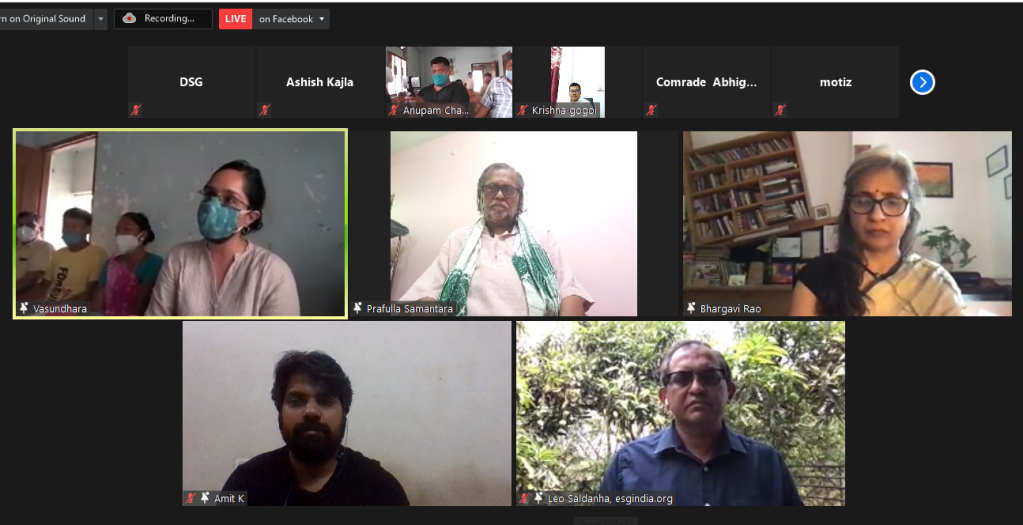
Posted in Announcements, Press Release | Leave a Comment »
To access the full report, click here
Executive Summary
Karbi and Adivasi farmers belonging to Mikir Bamuni Grant village in Nagaon district of Assam reported that about 93 acres of the land they were cultivating was taken over forcibly during 2020 by Azure Power Forty Private Limited, a subsidiary of international power corporation Azure Power Global Ltd. The farmers reported that their land was taken for establishing a 15 MW solar power plant by the company. In the process, ripened paddy crop raised on over 200 bighas of land was razed to the ground on 8th October, 2020 by the company. Villagers report that the local police and district authorities backed this forced dislocation of the farmers and forcible takeover of their lands. When villagers resisted this land grab, as they put it, 14 of them were taken into custody and jailed for over 10 days. Such acts of violence against the villagers repeated subsequently as well with increased police brutalities, attacking villagers due right to the lands they were cultivating and their human rights, and favouring the company’s objectives.
This conflict about land in Mikir Bamuni Grant village has drawn attention to the following allegations made by the villagers:
a) The manner in which the company has taken over the land;
b) That the company’s takeover of the land is illegal;
c) That villagers’ right to the land was never settled before this takeover;
d) That the transfer of the land was in gross violation of the Principle of Free, Prior and Informed Consent, and various national and regional laws, as also international norms;
e) That the police and district authorities participated in forcibly snatching lands cultivated by the villagers, and illegally vesting them with the company;
f) That the entire campaign of land grab was marked with police excesses;
g) That the land where the company is setting up the solar power project is part of an active elephant corridor, hence ecologically sensitive;
h) That environmental and social impacts of the project were never undertaken prior to siting the project in this village:
i) That all of this does not constitute sustainable development of energy as envisaged in Indian and International law.
To establish facts relating to these questions, and also other concerns that would arise in the process of enquiring into the issues involved, a Fact-Finding Committee (FFC) was constituted by Delhi Solidarity Group on the request of the project impacted villagers. The FFC visited Mikir Bamuni village to meet with the villagers and also with various officials of district and state government agencies in Nagaon district during 27 to 29 January 2021. Efforts were also made to meet with company officials and anyone else who were willing to meet with the FFC. On the basis of such evidence and narratives, the FFC has produced this report.
The fundamental issue for consideration of the FFC are based on the allegations of local villagers that the company secured access to productive and fertile paddy fields which were cultivated by the villagers for generations, and that this was done through unfair, illegal and violent means. Besides, the villagers report their resistance against being dispossessed of their lands, the very foundation of their existence, was powerfully resisted by the company in connivance with police and revenue officials. The villagers allege that the officers of the State worked in a manner that demonstrated an absolute bias favouring the company, even when it was fully aware that this was illegal. In the process, various human rights abuses resulted, the villagers report. They have further reported that they have been victims of egregious human rights excesses.
The primary bone of contention in this case relates to rights over the land in question. According to Azure Power, as well as local revenue officials, the land under question was granted to a zamindar (landlord) family as a Fee Simple Grant, and the descendants of the zamindar preferred to sell it to the company to establish the solar power project. Circle Officer of Samaguri Revenue Circle, as also the Deputy Commissioner (DC) of Nagaon district, stated to the FFC that no cultivation has taken place on this land since 1986. Thus, making a claim that no rights relating to tenant farmers were violated. As for the crops razed to the ground in October 2020, the Deputy Commissioner claimed people began to cultivate after the land in question was secured by Azure Power.
Mikir Bamuni Grant Village residents contest this version of the Deputy Commissioner and Circle Officer. They assert Karbi and Adivasi farmers have been cultivating these lands for generations. They claim their ancestors cleared these lands in the first place to make them cultivable. They assert that the land was diverted illegally to the solar power project of Azure company, and in the process the rights of farmers cultivating the land was violated. They unequivocally state that transfer of land to Azure constitutes a corporate land grab assisted by key agencies of the Assam Government. From the visit of FFC to Mikir Bamuni Grant Village, it is abundantly clear that the land in question has been systematically cultivated for generations, as is the case with land everywhere in that area. This report of the FFC speaks specifically to the situation in Mikir Bamuni. But it also takes the opportunity to highlight the serious, adverse and irreversible implications of promoting solar power projects in cultivated, populated and ecologically sensitive areas.
Mikir Bamuni Grant Village And The Overall Push For Solar Power Generation In Assam
Following the ambitious proposal of Prime Minister Narendra Modi to generate electricity from solar power, as part of his 450GW power production from renewables by 2030, the target for renewable energy production by 2022 is 175GW. As a result, various state governments have promoted a variety of schemes to promote renewable energy projects with an emphasis on tapping solar energy. Encouraging private sector participation in solar power project development is a core part of this strategy.
Assam has through its Solar Energy Policy 2018 pitched for the development of 590 MW of solar energy development by 2020. However, as per a recent response to a question raised in Parliament, the state is planning to exploit far more of its renewable energy potential – to the extent of 14.4 GW. Of which, 13.7 GW is proposed from solar energy, largely by promoting solar parks of 50 MW capacity, and across the length and breadth of the State. This information was tabled in Parliament by Union Minister for Renewable Energy R K Singh who also said the state plans to develop this solar capacity on “barren or fallow land of farmers”.
The Minister’s statement, the FFC finds from its visit to Mikir Bamuni, is in contradiction to the policies of Assam state which specifically list in its Solar Energy Policy 2018 that solar power projects would only be developed on barren government land. As the FFC has found, the land on which Azure is developing a solar project constitute fertile paddy fields. As is evident from Assam Land Policy 2019, the task of determining if the quality of land is fit for farming or fallow is the outcome of due process that involves a Land Advisory Committee, which in this case has not been followed.
Azure Power Forty Private Ltd. has been accorded clearance to develop 90MW of solar power by Assam Power Distribution Company Ltd (APDCL). Of this allocation, the company has chosen to develop a 15 MW installed capacity solar power project over 93 acres of land at Mikir Bamuni Grant village in Nagaon district. Villagers have reported, and the FFC has confirmed, that the lands for this project have been secured illegally denying local indigenous communities their due right over the land. Besides, the project has been developed on the basis of a campaign of violence that includes systematic abuse of human rights and violation of environmental, land use planning and social justice norms.
From the manner in which the solar power project at Mikir Bamuni is promoted, it is highly likely that the 15 MW solar project of Azure is only the beginning of a massive expansion of such projects in the region. Development of such electricity generation infrastructure requires massive investments in power evacuation corridors, and such heavy capital investment would result in more such projects being developed to offset the costs of the infrastructure.
Given that the Mikir Bamuni Grant village is part of a region of Nagaon that is considered vulnerable to flooding, is ecologically sensitive and supports high densities of sustainable livelihoods, it begs the question if such risks have been factored before the district authorities approved this project.
Composition Of The Fact-Finding Committee (FFC)
Prafulla Samantara is the recipient of the Goldman Environmental Prize 2017 – Asia. He is also an Advisor of National Alliance of People’s Movements (NAPM), an alliance of more than 250 people’s movements and organisations.
Bhargavi S. Rao is the Deputy Director of Center for Financial Accountability (CFA), an organisation working vastly on accountability mechanisms and finance aspects of various projects, financial institutions, and critically examines the social and environmental safeguards and impact of development finance over the community. As Trustee of the Environment Support Group, Bangalore she has engaged in several issues and concerns relating to environmental and social conflicts.
Leo F. Saldanha is Coordinator and Trustee at Environment Support Group. He is actively engaged in various issues and concerns relating to environmental governance and has vast experience in engaging with legal interventions on complex ecological and social concerns across India, and several parts of the world.
Amit Kumar is a researcher with focus on land and environmental laws, industrial corridors, mega infrastructure projects etc. He is associated with Delhi Solidarity Group.
Fact Finding Objectives/Terms Of Reference
- To inquire into allegations of illegal takeover of land for setting up of solar power plant by Azure Power Forty Pvt Ltd in Samaguri Revenue Circle of Nagaon district, Assam.
- To determine the legal status of the land in question and to examine if legal procedures were followed in securing the land by Azure Power Forty Pvt Ltd.
- To examine the role of police and paramilitary in light of allegations of State repression and brutality against local communities.
- To understand the nature of the project (solar power plant), the terms of its establishment, obligations of the company and of the state, and potential impacts of the project.
In arriving at the facts and analysis that this report contains, and also in developing the findings and recommendations, the FFC has followed the following steps:
- Chronology of events relating to the Mikir Bamuni Grant land conflict is provided in Annexure A.
- The timeline of the FFC’s work, who they met with and communicated with, during the visit and also later, is at Annexure B.
- Summary of key conversations with State officials and local community members is provided at Annexure C.
- Compilation of statutes, policies, notifications, orders, etc. that have implications to the issue are at Annexure D.
- A press release made by the FFC on the basis of prima facie findings in a press conference held on 28 January 2021 at Nagaon, is at Annexure E.
- Collation of key media reports relating to conflicts resulting from the transfer of Mikir Bamuni Grant land to Azure Power Company’s proposed Solar power project. A compilation is available at Annexure F.
Mikir Bamuni Grant Village And Conflicts Over Lands
Publicly accessible documents reveal that Mikir Bamuni Grant Village consists of lands that were a part of a Fee Simple Grant, a special kind of land tenure scheme created by Britishers in the 19th century to promote special cultivation (especially Tea). Tea, however, was never cultivated on these lands of the village. So, villagers of Mikir Bamuni converted these lands, which included forests and wetlands, into paddies. Those now in their 40s and 50s narrate how the village lands were brought under paddy cultivation by their grandparents’ generation.
Such cultivation is extensive in this village and across this region, and to this day. This the FFC found quite evident. Vast tracts of flat paddy fields are surrounded by thickly forested hillocks. During two of the three days when the FFC visited Mikir Bamuni, elephants went through the village and surrounding paddies, clearly indicating the village and the area around is part of an active elephant corridor.
Villagers of Mikir Bamuni Grant are protected under the Assam (Temporarily Settled Areas) Tenancy Act, Khatians[1] dating back to the 1980s reveal that the villagers and their forefathers are listed as occupancy tenants. This law in particular, and other laws as well, recognize and protect tenancy rights of cultivators. These laws require that a variety of detailed procedures must be followed for alienation of any tenancy rights over the land, for any purpose. Such laws, and also the Assam Land Policy 2019, make it abundantly clear that such lands must not be taken away from the tenant cultivators in any illegal and unjust manner. Under the Tenancy Act particularly, occupancy tenancy is an inheritable right, and includes the right to continue cultivation undisturbed except by following the due process of law. Dislocation and displacement of cultivators can only be done following the grounds for ejection that are laid out in Section 51 of the Tenancy Act.
The conflict that has emerged in Mikir Bamuni is that Azure Power has taken possession of the Grant lands by entering into a buyer-seller agreement with those who claimed were the earlier land holders or their descendants, and who claimed that there was no conflict or encumbrance involved regarding ownership and titles. Thereafter, the company went on to establish a solar power plant over an estimated area of 93 acres.
Villagers allege that their tenancy rights to these very lands were never settled by State Revenue authorities as per law, and that even when they possess Khatians that proved they were cultivating those very lands. The existence of the khatians also meant it was simply not possible at all for any trade and exchange of titles of the said lands unless the claims of rights over these lands were settled first and foremost. The villagers further state all land transfers were done on the basis of false reports of the Sub-divisional Agriculture Officer who claimed these lands were uncultivated over the past 10 years.
On careful review of various documents, court proceedings, field observations and interactions with various community members and state officials, it is evident to the FFC that transfer of land to Azure Power was carried out in violation of key provisions of Assam Fixation of Ceiling on Land Holdings Act, 1956, Assam (Temporarily Settled Areas) Tenancy Act, 1971, Assam Land Revenue Re-Assessment Act, 1936, and is contrary to the Assam Land Policy, 2019 and also the Assam Solar Policy, 2017. Further, the claim that the land has not been under cultivation for 10 years appears to be grossly untrue.
The Census data from the past three decades establishes that the region, including the Mikir Bamuni village, has been in continuous cultivation. The village, as has already been highlighted earlier, is part of an active elephant corridor. This is also reported in ‘Gajah, Securing the Future for Elephants in India’[2], a report produced by the Union Ministry of Environment, Forests and Climate Change (MoEFCC).
Key Findings
The FFC, on the basis of detailed appraisal of the facts of the matter as reported, conclude:
- It is beyond any doubt to the FFC that the impacted communities constitute Karbi and Adivasi peoples who have lived in that region and who should have been direct beneficiaries in terms of securing right to land that they cultivated, which was not only denied to them, but also such denial has amounted to an egregious attack on their fundamental right to livelihood, which is an integral part of the right to life.
- It is evident from the facts reported here that Azure Power has secured land for the solar power project at Mikir Bamuni Grant village by means which are in gross variance of law.
- In accessing land for the said project, the company has been assisted by district and state authorities as well as police in ways that can be described as extra constitutional, and the direct result of which has been a frontal attack on the fundamental rights of several families of Mikir Bamuni Grant village.
- The FFC finds that these affected families were the rightful claimants of the said lands as per various progressive land related laws and policies passed by the Assam state over a period of time intended to secure the right to land by the tiller of the land.
- From the evidence gathered by the FFC, it is clear that cultivators of the land where Azure Power is building the solar power plant, were evicted in ways that can be described as blatantly illegal and based on ruthless abuse of police power.
- The FFC finds that such abuse of police power was repeatedly employed against the villagers with the intent of suppressing their rightful assertion of their right to land and was actively supported by the district authorities and the state government even when such excesses were widely reported.
- That such police excesses and the deliberate neglect of the assertions of the communities of their right to land based on their ongoing cultivation of the said lands in the context of the progressive laws and policies of Assam state, constitute an act of brazen collusion between the district authorities, revenue authorities and police, with the company, in order to promote the profit-making interest of Azure Power.
- The Forest Department, fully aware of the nature of the land being part of a highly active elephant corridor, especially given the fact that a death was reported in 2017 from the very lands in question due to conflicts with elephants, failed to take due action necessary to declare the region as an active elephant corridor even when it has been indicated as such in the ‘Gajah, Securing the Future for Elephants in India’ Report.
- The Solar Energy Policy and Land Policy of Assam unequivocally state that prime farmland should not be used for solar power projects. Yet, in this case there is a blatant disregard of these policies which were adopted as recently as 2018 and 2019.
- The example of Mikir Bamuni Grant is yet another evidence of the adverse implications of the MoEFCC blatantly disregarding a specific direction of the NGT to review prevailing policy of exempting solar parks and projects from the purview of the EIA notification.
- Such exemptions encourage companies such as Azure Power to project their projects favourably even when they are environmentally and socially damaging.
- It is particularly worrying that because such companies are involved in promoting the production of renewable energy, their exemption from environmental and social review guarantee a pass through of applicable regulatory process. This accommodates corporate behaviours that blatantly violate various laws, principles and processes meant to secure human rights and environment, especially of indigenous people and natural resource-dependent communities.
- It is extremely disconcerting to note that the high office of His Excellency the Governor of Assam extended support to Azure securing access to Mikir Bamuni land in blatant violation of various progressive land laws and policies of Assam which were brought into effect following long years of struggles by landless farmers and indigenous communities.
- In securing land for the Azure Power project, the FFC has shockingly discovered that there have been active efforts to destroy the social fabric of a small village by the company employing key villagers to misinform innocent farming communities with the intent of destroying their right to land, which effectively amounts to destroying their right to life and livelihood. This has resulted in causing a lack of trust amongst a small community of people who looked out for each other and has left them suffering in a climate of suspicion.
Based On This We Recommend:
- The government of Assam must suspend all activities pertaining to Azure Power’s Mikir Bamuni solar power project and initiate steps to close it down, recover the land, restore it to the state it was prior to the construction of the plant. The State Government must then proceed to take necessary steps to vest the land back to the tillers who were cultivating the land. The cost of this operation must be borne by Azure Power in consonance with the ‘Polluter Pays’ principle.
- The Chief Secretary of Assam Government should direct the Deputy Commissioner of Nagaon district to initiate appropriate action in acknowledging the due rights of the tillers to the land that is now in possession of Azure Power, in accordance with the Assam Land Policy 2019, Land Ceiling Act, Tenancy Act, etc.
- Those who have suffered due to the actions of the Azure Power in Mikir Bamuni must be compensated for loss of livelihoods and also abuse of their human rights over the past two years. All cases filed against villagers of Mikir Bamuni must be withdrawn post haste.
- The Home Secretary of Assam must initiate an enquiry into the police excesses that have been reported by villagers of Mikir Bamuni who resisted dispossession from lands they have been cultivating.
- The victims, particularly women and children, must be duly compensated and steps taken to ensure that the trauma they have suffered is attended to with the necessary medical and psychological attention.
- An inquiry must be initiated by the Principal Secretary of Revenue and Disaster Management Department, Assam into the manner in which district revenue authorities have denied villagers their due right to land, and to also fix accountability of all those officials who are involved in fraudulently claiming the record of lands were not available, that the lands were not being cultivated, that the lands do not constitute ecologically sensitive regions. This is important as their opinion was material to formulating decisions which enabled Azure Power to illegally claim ownership of grant land in blatant violation of various progressive
laws and policies. - The Principal Secretary of Environment and Forests, Assam must initiate steps to declare the region as ecologically sensitive, and also an area which is part of an active elephant corridor, so that the region is protected from such developments now and into the future.
- The Principal Secretary of Agriculture, Assam must initiate action against the district agricultural officers, who were involved in fraudulently claiming that the Mikir Bamuni grant lands have not been cultivated for decades.
- In light of the fact that the Hon’ble District Judge, Nagaon district has prima facie held that the lands were being actively cultivated, all efforts must be invested to ensure that the rightful claims of the tenants who were cultivating the lands are restored with urgency. Till such time that they reclaim their fundamental right to livelihood, the State of Assam must ensure that Azure Power will compensate them for loss of livelihood.
- The MoEFCC must immediately withdraw its circular[3] dated 30.06.11 which exempts utility scale solar parks from the purview of the EIA Notification 2006 and ensure that all such projects, as also other renewable projects such as hydro and wind power development, are subjected to comprehensive environment and social impact assessments and regulatory approvals.
- The notification exempting solar power projects from complying with The Assam Agricultural Land (Regulation of Reclassification and Transfer for Non- Agricultural Purpose) Act, 2015 must be immediately withdrawn. All projects which have benefited from this notification must be reevaluated comprehensively
under this law. - All renewable power projects must be integrated into the District Development Plan that is required to be developed by the District Planning Committee in accordance with Article 243ZD of the Constitution of India. In so doing, the criteria laid out for the diversion of biodiversity rich farmland, commons, wetlands, forests, etc. must comply with the provisions of the Biological Diversity Act 2002, Environment Protection Act 1986, Forest Conservation Act 1980, Wildlife Protection Act 1972, Forest Rights Act 2006, etc.
- The prevailing projection of solar power projects as being environmentally and socially benign must be comprehensively revisited, especially by the Ministry of New & Renewable Energy (MNRE) and the International Solar Alliance (ISA). Steps must be taken to immediately issue guidelines to ensure that the environment and social impacts of such projects are critically appraised and that their development is in consonance with the principle laid out in the Rio Declaration 1992, Convention on Biological Diversity 1992, Convention on Human well-being, UN Declaration on the Rights of Indigenous Peoples 2007, ILO Indigenous and Tribal Peoples Convention, 1989 (No. 169), etc.
- The investors and financiers of Azure Power must immediately revisit their decision to support the company’s development at Mikir Bamuni Grant village and take such steps as is necessary to ensure that the lofty principles that the company claims to adhere to are met. In the event that it is found that such compliance standards have been violated, as well as safeguards and guidelines of the investors, action must be initiated to withdraw investments made in the project and also revisit investments made in the company.
To access the full report, click here
————————————–
[1] The term “Khatian” is commonly used to mean “record-of- rights”. Every entry of the Khatian shows its own khatian number, plot numbers, area, mouza, names and shares of the possessors, descriptions of their rights and superior interests etc. In simple terms, it is a document that proves someone is using a piece of land, for what purpose, and also if the person is the owner or tenant on that land.
[2] Rangarajan et al, August 31, 2010. Gajah, Securing the Future for Elephants in India, The Report of the Elephant Task Force Ministry of Environment and Forests. Last accessed 6 Feb 2021. Available at https://forest.uk.gov.in/files/GAJAH-THE_REPORT_OF_ ELEPHANT_TASK_FORCE_f.pdf
[3] O.M. No. J-II013/41/2006-IA.II(I) dated 30th June 2011. Available at http://environmentclearance.nic.in/writereaddata/ public_display/circulars/2YME8DSI_OM%20Solar%20Parks%20 dated%207th%20July%202017.pdf
Posted in Announcements, Fact-Finding Report, Reports | Leave a Comment »
DELHI SOLIDARITY GROUP
Press Conference Invitation: 30th April, 2021 at 02:00 PM
Release of
“The Anatomy of a Solar Land Grab”
Report of a Fact-Finding Committee relating to Human Rights Violations, and Environmental & Social Impacts of 15 MW Solar Power Plant being established by Azure Power at Mikir Bamuni Grant Village, Nagaon, Assam
Press Conference will be held on Friday, 30th April, 2021 at 02:00 PM at Mukti Jujaru Bhawan, Opp. Nagaon Circuit House, Nagaon Town, Assam
It will be accessible Online via Zoom: https://us02web.zoom.us/j/85600266087?pwd=cVl3QTYreDV5b3V3MjRrRmhvUnZTQT09
(Meeting ID: 856 0026 6087 Passcode: 385290)
FFC Members and People from the Community will address the Press Conference moderated by Dr. Vasundhara Jairath, academic and researcher.
Members of the Fact-Finding Committee
Prafulla Samantara, National Alliance of People’s Movements (NAPM), Odisha
Bhargavi S Rao, Center for Financial Accountability and Environment Support Group
Leo Saldanha, Environment Support Group, Bengaluru
Amit Kumar, Delhi Solidarity Group, Delhi
Dear Friends,
Over the past two years, a serious conflict has broken out over land diverted to a massive solar park of Azure Power in Mikir Bamuni Grant Village of Nagaon district, Assam. Villagers have reported systematic violence against them by local police and district authorities who are supporting the company. Some instances of violence (as in December 2020) have been very grave, resulting in serious injuries and jailing of villagers.
As the government and elected representatives, including local MLA Mr. Prafulla Kumar Mahanta (who has been CM of Assam thrice), had not responded to villagers repeated appeals for help, a civil society initiative of Delhi Solidarity Group resulted in a Fact-Finding Committee visiting Mikir Bamuni in January 2021. During this time the FFC met with members of the impacted communities and district and police officials and also made efforts to meet with Azure Power representatives.
The FFC has established that villagers’ allegations that their rich and cultivated paddy fields have been illegally snatched by Azure Power, in blatant disregard of progressive laws, particularly that which requires settling tenancy rights before any change in ownership of land, as legitimate. The transfer of land to Azure Power is also found to be done in blatant disregard for various judicial directives. Besides, the FFC has found that the region is ecologically sensitive, and is part of a very active elephant corridor. As a result, it would not only devastate fertile agricultural fields, but also accentuate human-elephant conflicts.
In the Press Conference the FFC will release the report and explain why the Assam State Government must immediately suspend Azure Power’s activities and take steps to return the land to the tenants as per law, besides compensating the villagers and dropping all criminal charges levelled against them.
For further details, contact 8486944483.
Anil Tharayath Varghese and Amit Kumar
Delhi Solidarity Group
Posted in Announcements, Press Invites | Leave a Comment »
In response to the grave situation as part of the second wave of Covid-19 being faced in Delhi, Delhi Solidarity Group (DSG) has formed a response initiative. The initiative comprises of para-medical and civic action teams with the main aim to provide Covid-19 related advice to working class neighbourhoods, resettlement colony members, peoples’ movements, groups of oppressed communities, domestic workers groups, waste recyclers groups, sewage workers groups, mazdoor unions etc.
The initiative is focussed on providing home-based care in order to reduce the strain on Delhi’s health-care system by acting as a link between persons/households who are experiencing symptoms of Covid and professional and institutional medical facilities. This includes providing home-based medical advice, delivering essential medical and food supplies, crowd-sourcing information and ensuring that critical cases can access hospital care in time.
In order to undertake this, DSG has organised itself in five main groups:
- Group 1: Social Media Group- the aim of this group is to research the most updated information related to Covid-19 and to collate that information into a format (notes, graphics, posters) that can be shared with the communities.
- Group 2: Doctors Liaison Group- the aim of this group is to collate information and connect with a panel of doctors who can provide telephone-based or internet-based medical consultations.
- Group 3: Home Care Group- the aim of this group is to reach out to persons/households experiencing Covid and provide a daily care routine that includes basic information about covid, monitoring of symptoms, actively providing response steps and maintaining a patient log. This group also provides trauma/mental health support.
- Group 4: Essential Supplies Group- the aim of this group is to provide support to persons/households that are experiencing Covid by ensuring that medical supplies and other essential supplies are delivered to them. This includes a wide range of supplies from equipment such as thermometers and oximeters to food items to oxygen cylinders.
- Group 5: Hospital Care Group- the aim of this group is to provide critical hospitalisation related care to persons/households that cannot manage Covid at home. This includes responding with emergency supplies, as well as researching and ensuring that the person/household is supported during their time of hospitalisation.
Beyond these five main groups, various smaller groups are functioning which include persons working on translations, resource mobilisation, setting up medium-term response mechanisms etc.
The central mechanism by which the group shall function is to ensure that symptoms are detected as early as possible, preferably on Day 1. Once the Home Care Group receives the information on the person/household, it establishes contact and begin monitoring. It liaises with the Doctors Liaison Group for medical advice if needed and with the Essential Supplies Group to provide supplies. Between Day 1 and 7, a constant monitoring patient log is maintained which allows for a tracking of the person’s health. By Day 5-7, if it is becoming clear that home-based care is not working, or that more medical support is needed to undertake home-based treatment, the Home Care Group passes this information on to the Hospital Care Group.
The groups are liaising with each other through Google Documents so that an online, live version of all updates can be maintained. The documents include a daily-updated response reference document, a patient log, response and medical facilities, medical protocols, instructional videos, care guidelines etc.
The graphics below can help explain the flow of information and coordination between the groups.
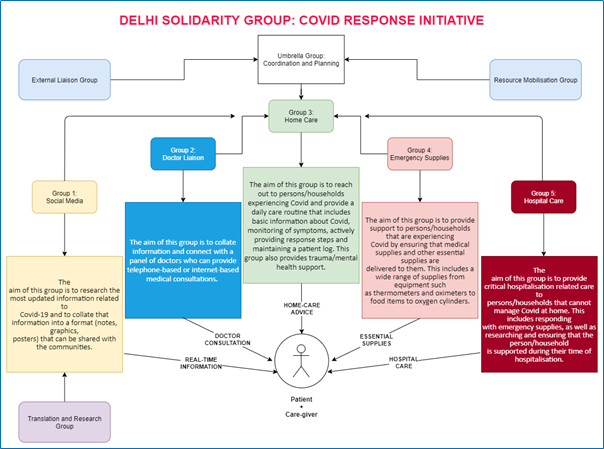
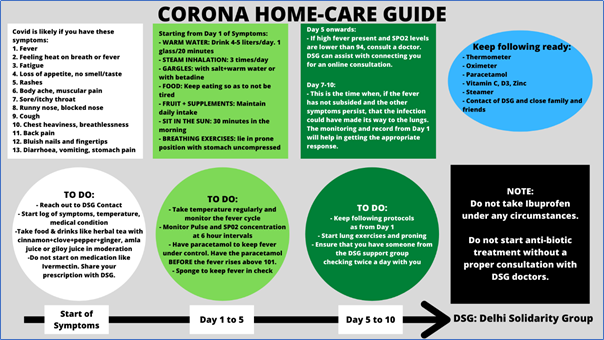
Posted in Announcements, COVID-19 | Leave a Comment »
